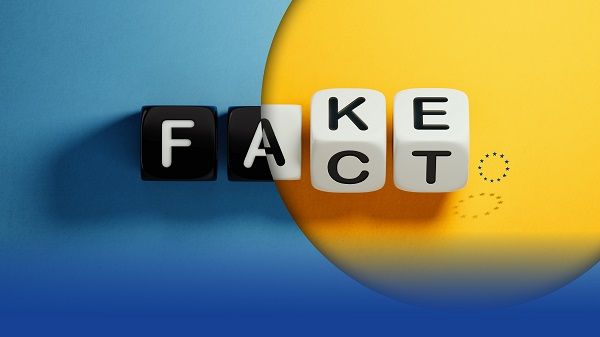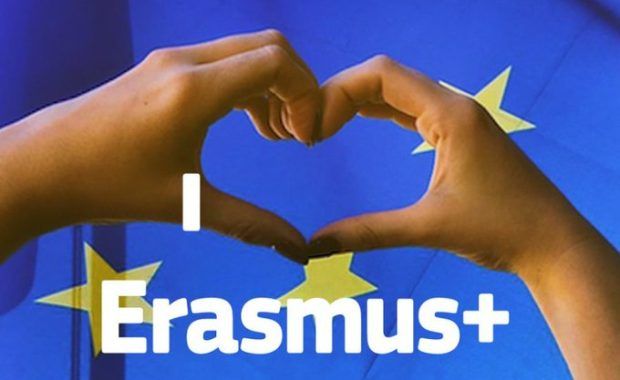The aim is for students in the third and fourth years of ESO and Intermediate Level Training Cycles to learn first-hand about the technical and scientific studies of the UAL and its facilities so that they can resolve doubts and make the best choice for their university future. The first centre to participate was the […]
Erasmus+ Jean Monnet actions for schools
This JM Actions call will allow individual schools to apply for funding. Jean Monnet EU learning initiatives will foster the introduction of the European Union perspective in the educational culture of schools and VET institutions (ISCED levels 1 to 4) and contribute to reinforcing European identity and active citizenship among students and teachers. To enable […]
New funding for schools and teacher education providers under Jean Monnet
A new set of Jean Monnet actions for schools will allow teachers and teacher training institutions to apply for funding in order to teach about the EU in Erasmus+ programme countries. The new call is out The latest 2023 Jean Monnet call, published as part of the 2023 Erasmus+ Programme Guide, contains the following actions specifically […]
The European Union launches calls for education, research and innovation for 2023 – Colombia
The call for proposals for the European Union’s Erasmus+ 2022 programme was launched on 23 November. With an annual budget of €3,393 million (17.2 billion pesos), Erasmus+ is reaffirming its support for inclusion, active citizenship and democratic participation, as well as ecological and digital transformations in the European Union and the world. The programme has […]
Erasmus+ 2023 call launched: €4.2 billion
The Commission launched the call for proposals for 2023 under the Erasmus+ programme. With an annual budget of €4.2 billion, Erasmus+ is increasing its support for inclusion, active citizenship and democratic participation, and green and digital transformations in the EU and internationally. Erasmus+ flagship feature being mobility, next year, the programme will continue to […]
European Commission adopts its Report on progress towards the European Education Area
The Commission has approved its Report on progress towards the achievement of the European Education Area. The report takes stock of the ongoing EU initiatives and trends on progress to attain EU-level targets in education and training, as well as sets out the tasks ahead of the 2025 milestone. The 40 ongoing EU-level initiatives comprise […]
Guidelines for teachers on artificial intelligence and its ethical use and addressing misconceptions.
The Commission published Ethical Guidelines on the Use of Artificial Intelligence (AI) and data in teaching and learning for teachers. The Guidelines address how AI is used in schools, to support teachers and students in their teaching and learning, and to support administrative tasks in educational settings. The Guidelines are part of the Digital Education […]
Commission steps up action to promote digital literacy among young people
The Commission has published Guidelines for teachers and educators in primary and secondary schools, on how to address disinformation and promote digital literacy in their classrooms. The guidelines provide practical support for teachers and educators and include definitions of technical concepts, class-exercises and how to encourage healthy online habits. This toolkit covers three main topics: building […]
Team Europe contribution to the UN Transforming Education Summit
• The vision for a peaceful and sustainable future starts with education as a fundamental human right and a public common good. Free, universal, equitable and inclusive quality education for all is a prerequisite to equip young generations to address the most pressing challenges of our time: threats to peace and democracy, poverty, growing inequalities, […]









